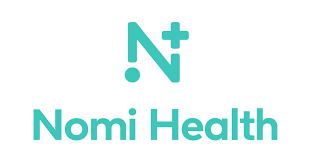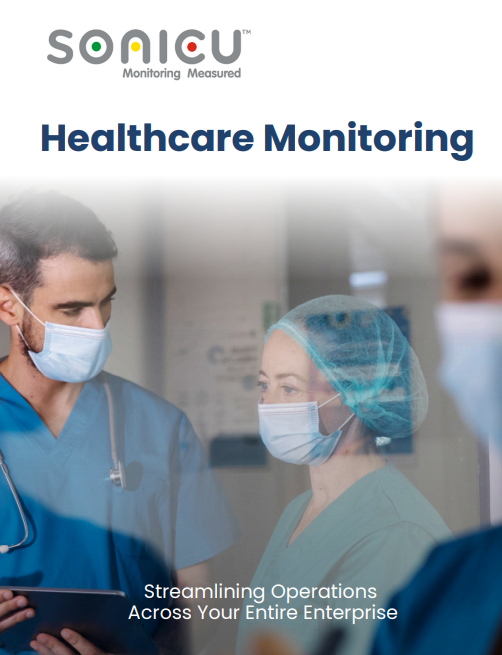
Healthcare Monitoring
Overview of Sonicu's cloud-based platform for real-time environmental monitoring.
Sonicu offers a comprehensive suite of monitoring solutions
that help organizations safeguard assets, automate compliance and reduce manual processes.
From protecting vaccines and research materials to safeguarding food service and facility operations, Sonicu’s monitoring applications cover temperature, humidity, pressure, and more. Whether you’re in healthcare, life sciences, food safety, or other industries, Sonicu provides visibility, compliance, and peace of mind across all your critical applications.
Designed with safety, efficiency and compliance always top of mind, we’ve evolved over a decade with continuous improvements from customer feedback. Serving the healthcare, research and food service industries.
Whether you're solving basic temperature monitoring needs or managing complex, multi-environment compliance, Sonicu’s full line of meters, sensors, and hubs has you covered.
Sonicu offers a comprehensive suite of monitoring solutions
that help organizations safeguard assets, automate compliance and reduce manual processes.
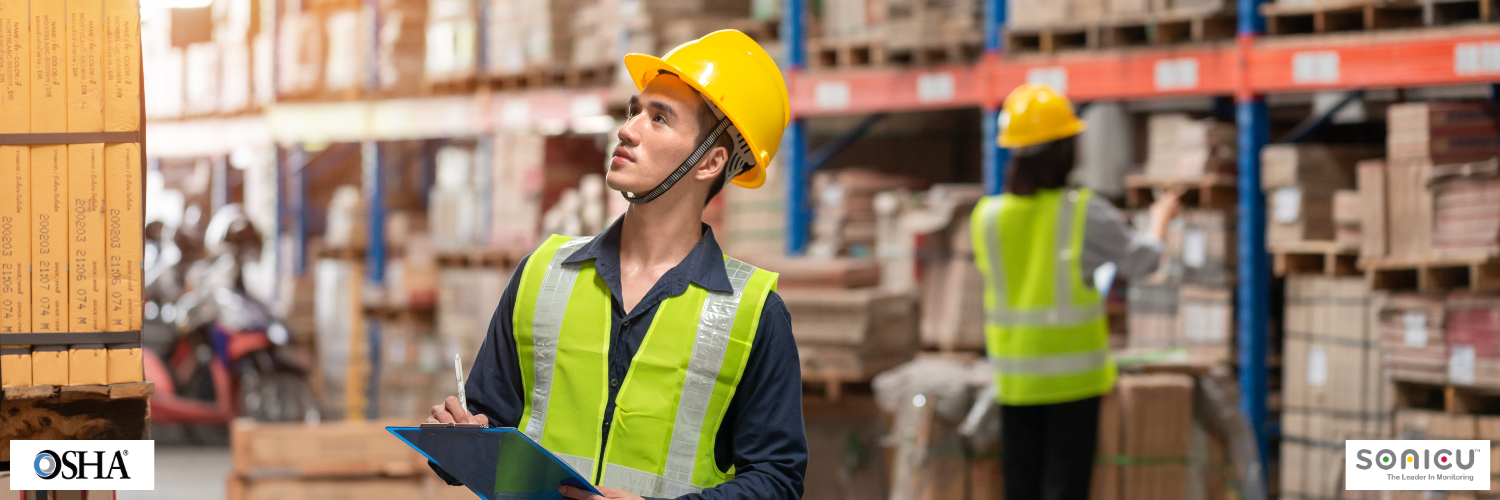
Understanding Heat Stress and OSHA Regulations: How to Protect Your Employees and Ensure Compliance
From cleanrooms to surgical suites, Sonicu safeguards critical environments with continuous monitoring and real-time alerts. Protect your people, products, and outcomes while maintaining compliance and eliminating manual monitoring tasks through full automation.
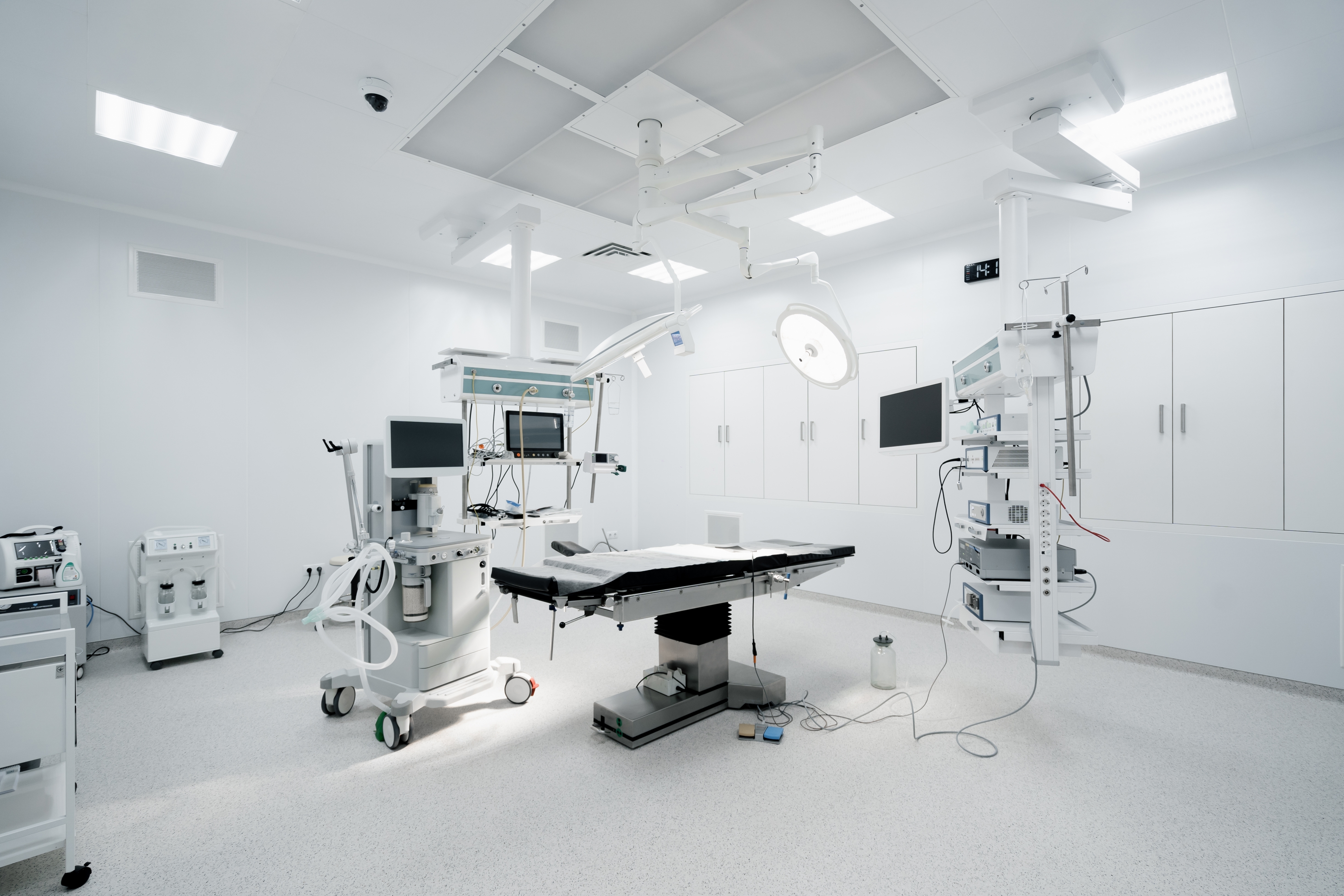

.png?width=95&height=95&name=image%20(9).png)

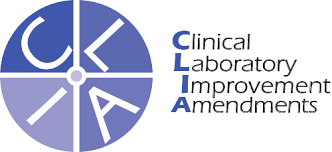


Safeguard compliance and protect patients with automated monitoring for critical environments.
Healthcare facilities face rigorous standards from ASHRAE, The Joint Commission, USP, and state agencies—all while managing limited staff and high-stakes operations. Sonicu’s automated differential pressure monitoring safeguards sterile spaces like surgical suites, isolation rooms, and compounding pharmacies.
Our platform delivers real-time alerts to prevent issues before they impact patient safety, compliance, or critical inventory.

Protect sensitive processes and maintain cleanroom classifications with pressure and particle control.
From biotech labs to semiconductor manufacturing, maintaining proper airflow and ISO class conditions is critical. Sonicu’s continuous differential pressure monitoring helps you maintain a controlled, compliant environment at all times. Real-time alerts identify deviations immediately, reducing risks to product quality, operational integrity, and regulatory compliance.

Achieve USP <797> and <800> compliance with continuous pressure, airflow, and environmental monitoring.
In sterile compounding environments, maintaining the right pressure relationships and airflow is critical to ensure safe medication prep. Sonicu’s automated monitoring and alerting solutions simplify USP compliance and documentation, helping pharmacy teams focus on patient safety while reducing manual logs and audit stress.




Healthcare facilities face staffing shortages, reimbursement challenges, and rising compliance demands. Maintaining the Joint Commission standards must be as easy and efficient as possible. Sonicu simplifies your path to compliance and accreditation with automated environmental monitoring, real-time alerts, and audit-ready reporting delivered to your inbox.

Meeting CDC VFC program requirements doesn’t have to be complicated or time-consuming, especially when your time and resources are limited. Sonicu delivers a simple, proven solution to protect vaccine integrity and satisfy state reporting standards without adding to your team’s workload.
Sterile compounding and hazardous drug handling come with strict environmental control requirements. With a full suite of sensors and compliance-ready reports, Sonicu makes it easy to meet USP requirements for temperature, humidity, differential pressure, and cold storage while keeping your staff safe and inspectors satisfied.
.png?width=80&height=80&name=FDA%20Logo%20(2).png)
From 21 CFR Part 11 to audit trails and IQ/OQ validation, Sonicu simplifies FDA compliance. Our platform, designed from the ground up to meet FDA manufacturing requirements, includes security across solutions. Sonicu combines AWS cloud hosting, validated software, and e-signature support to meet electronic recordkeeping and data integrity requirements in regulated manufacturing environments.

Every food service operation and kitchen needs a HACCP plan, but relying on clipboards and manual logs puts your compliance and reputation at risk. Sonicu makes it easy to automate your critical control point monitoring with wireless temperature sensors and cloud-based corrective action logs.

As OSHA expands enforcement around heat stress, Sonicu helps you stay ahead of workplace safety compliance. Our wireless sensors track temperature, humidity, and calculate heat index automatically, helping you identify and respond to dangerous conditions before they impact your team.
Sonicu’s differential pressure sensors are designed for fast deployment and dependable performance in the most demanding environments. With versatile installation options and secure, AWS-backed cloud infrastructure, you can confidently safeguard cleanrooms, hospitals, infusion centers, and other critical spaces.


Ensure patient safety and regulatory compliance with confidence. Sonicu provides reliable, 24/7 monitoring for vaccines, labs, blood banks, and cleanroom environments, helping you protect patients and maintain critical standards.
Provide automated environmental monitoring that supports a wide range of pharmacy types. Sonicu streamlines regulatory compliance, protects high-value medications, and reduces operational risk. From continuous temperature, humidity, and pressure monitoring, our platform gives you the tools to simplify compliance for USP, BoP, CDC, and more.
Protect food safety at every stage. From manufacturing to distribution and commercial kitchens, Sonicu helps protect food safety at every stage. Our real-time temperature monitoring, smart alerts, and automated digital logs support compliance with HACCP and FDA regulations, ensuring your food stays safe, your operation runs smoothly, and you're always inspection-ready.




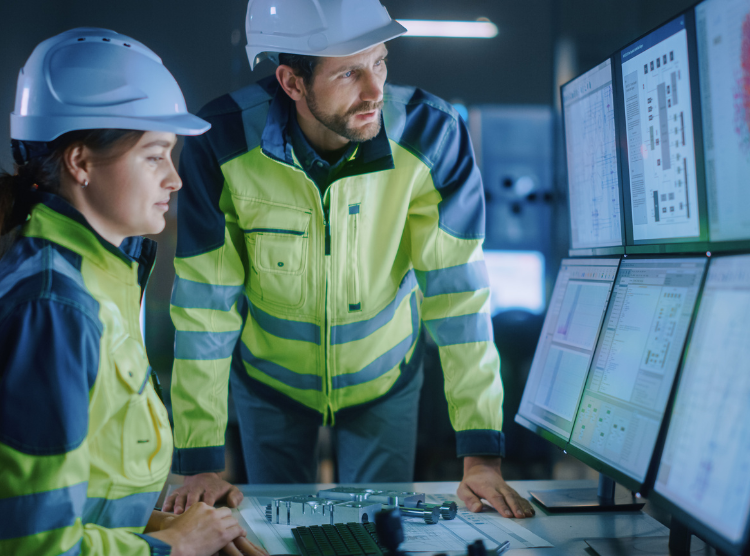

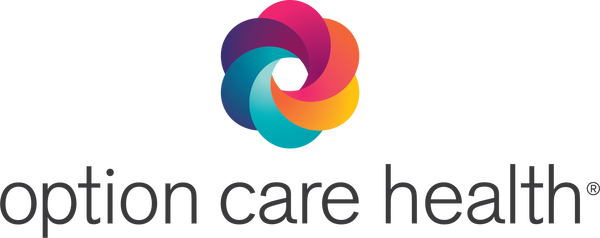

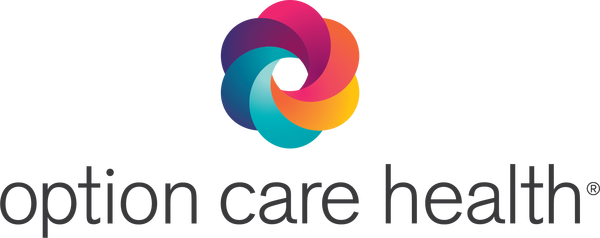
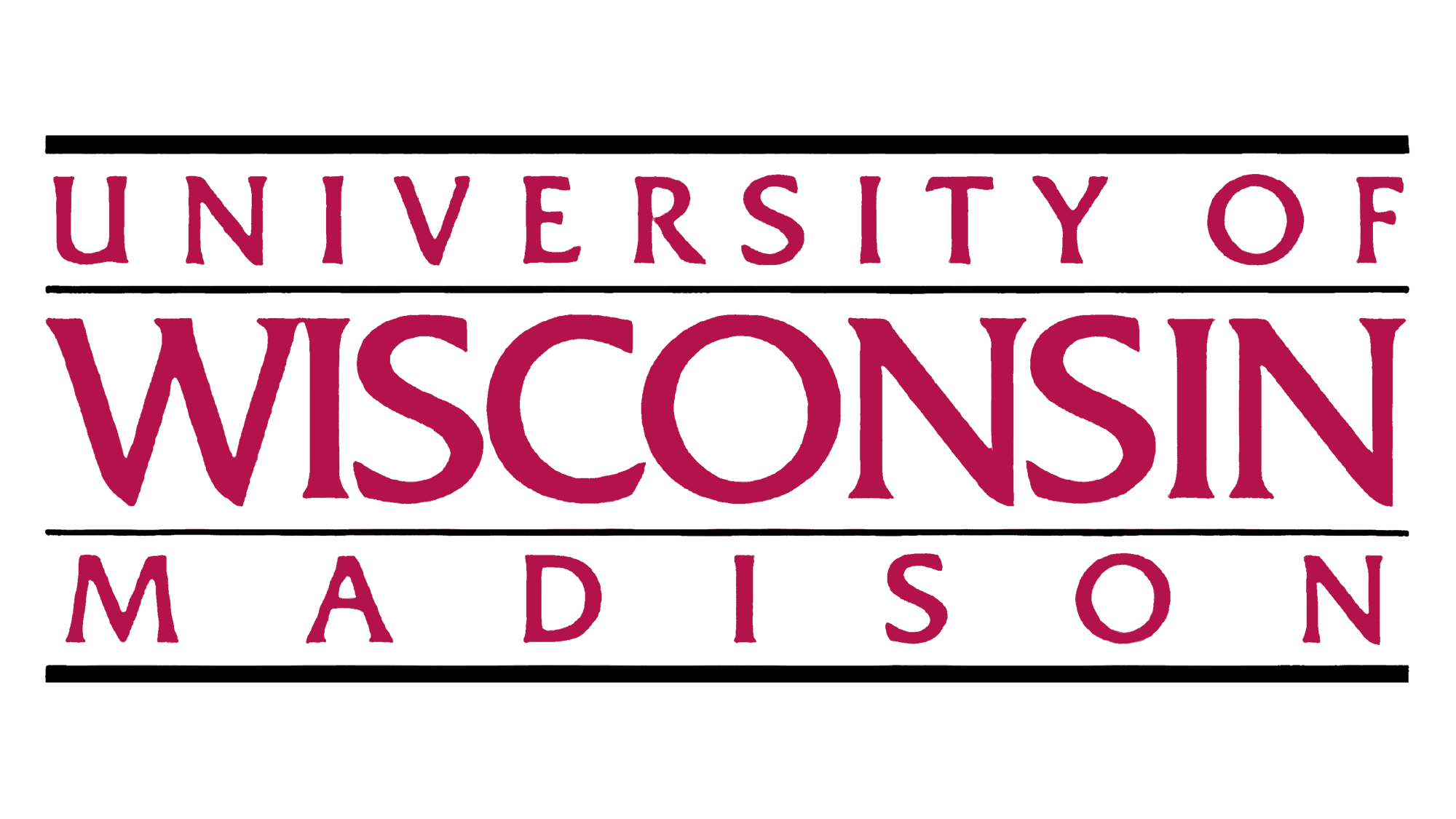



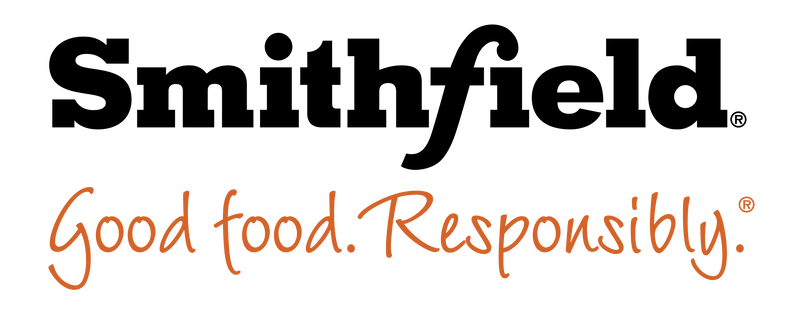
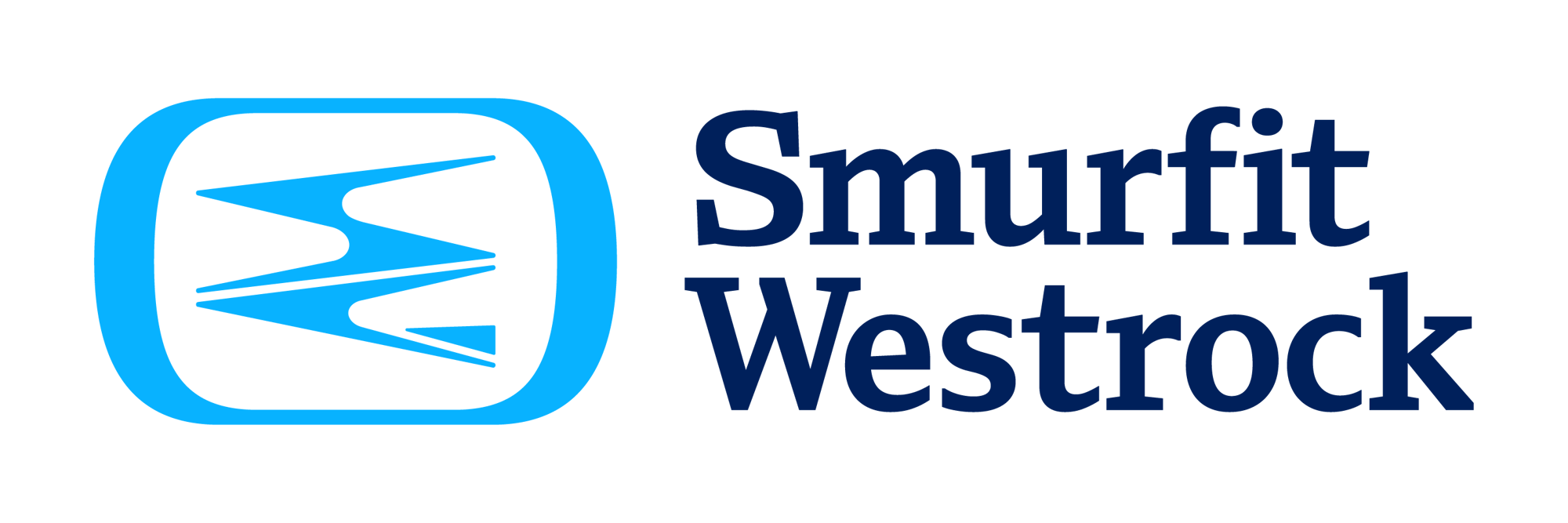
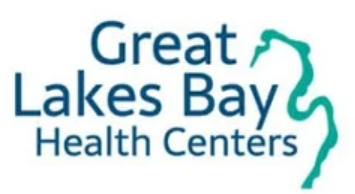

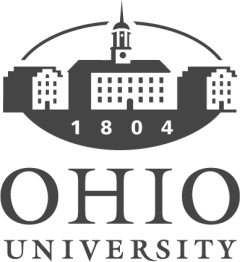

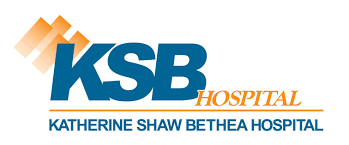
Our policy is to check temperatures on all our fridges and freezers twice a day. With small outlying clinics that aren’t staffed seven days a week, we’d come in Monday morning, hoping the temperatures held steady over the weekend. We needed visibility on the fridges, especially after the loss we just suffered.

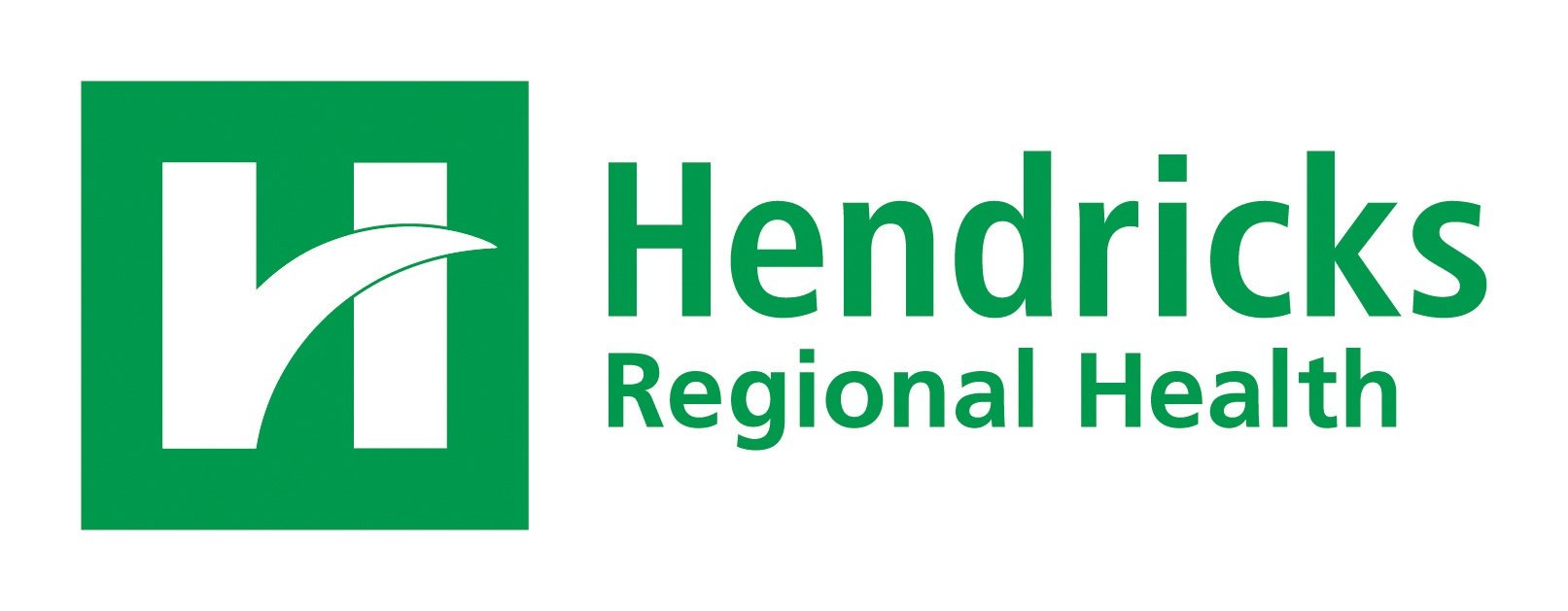

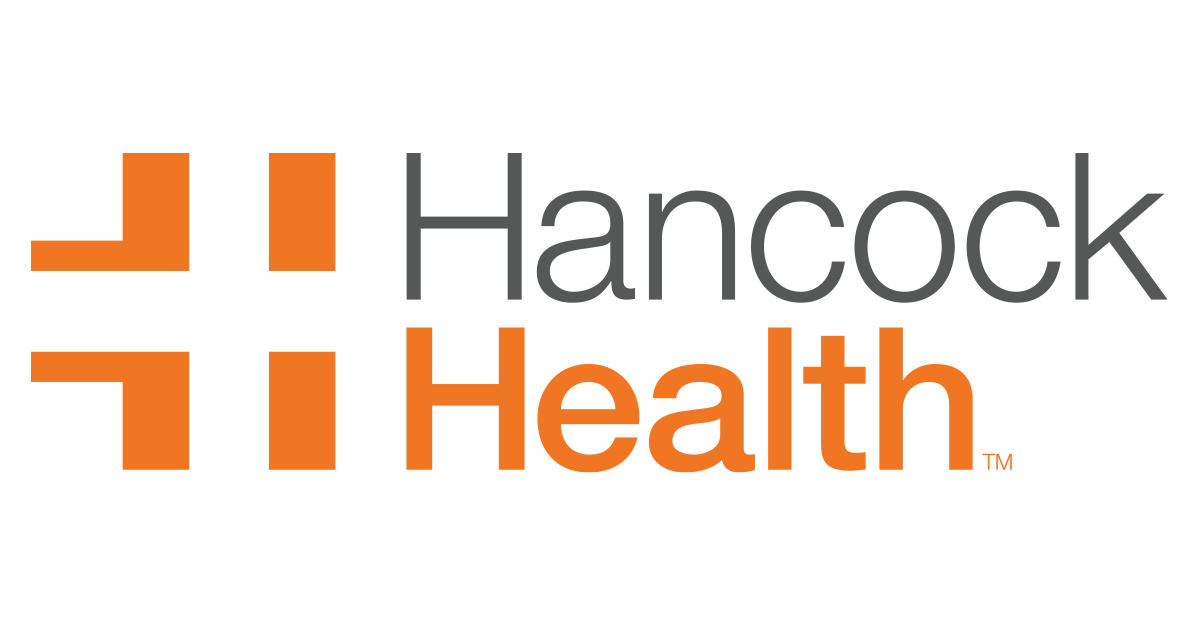
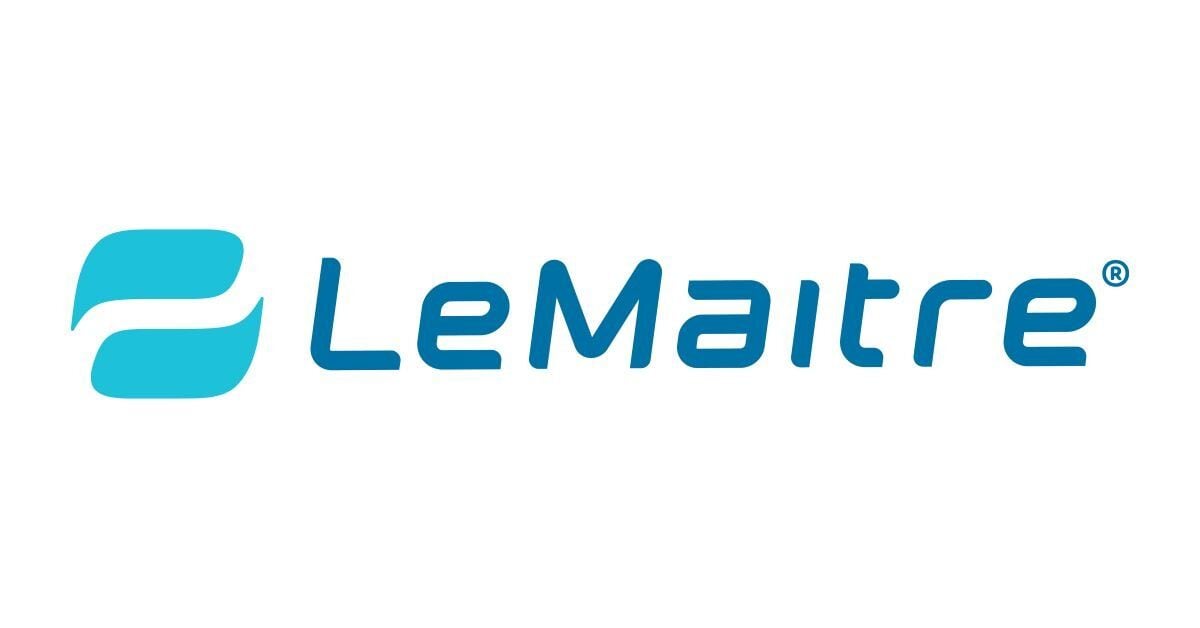
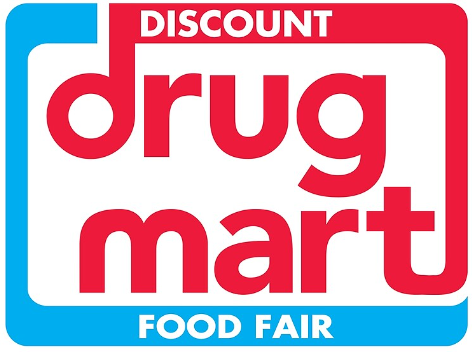
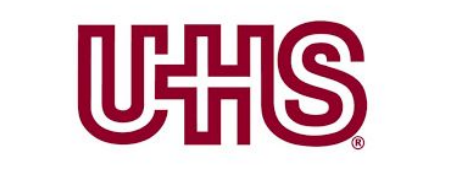

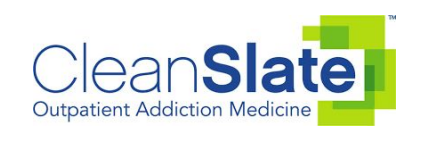
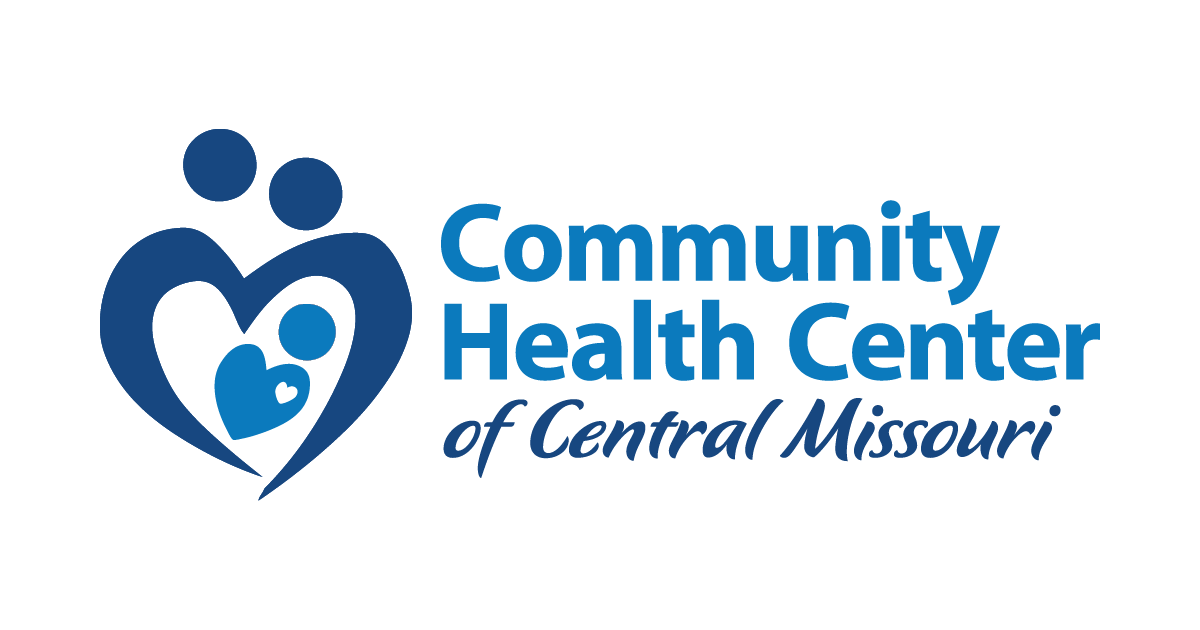
When we put the numbers in front of our leadership and showed them how much time we were going to save with a remote system and automated monitoring versus the time we used to spend managing the system, it was a no-brainer, and we pulled the trigger right away.

